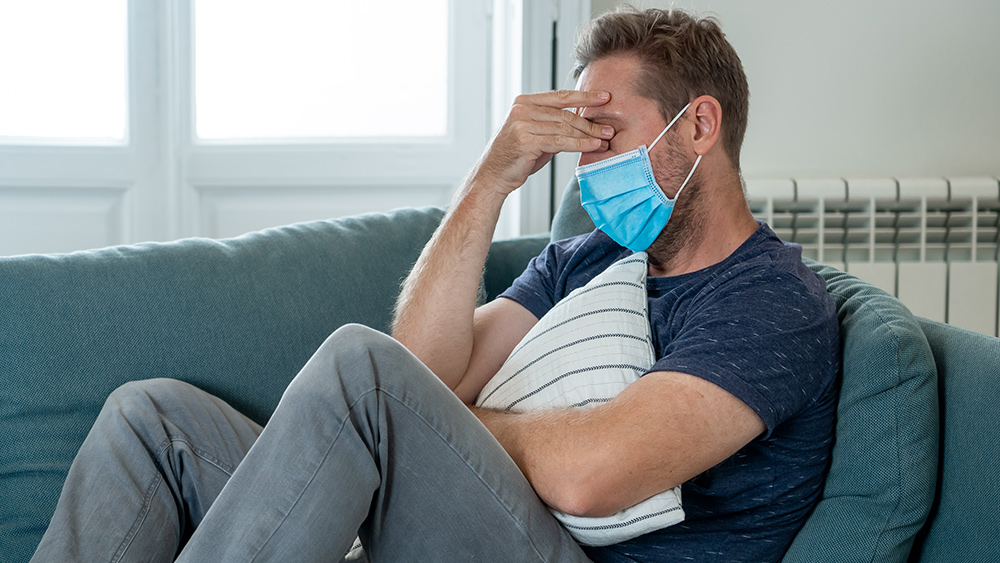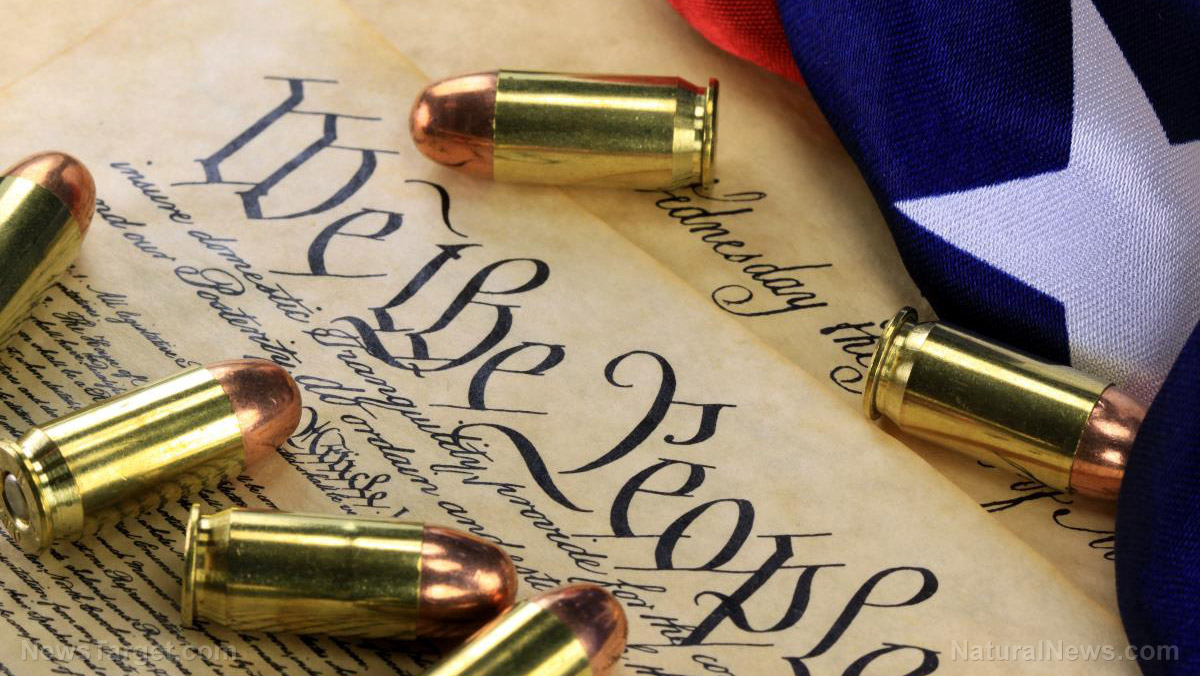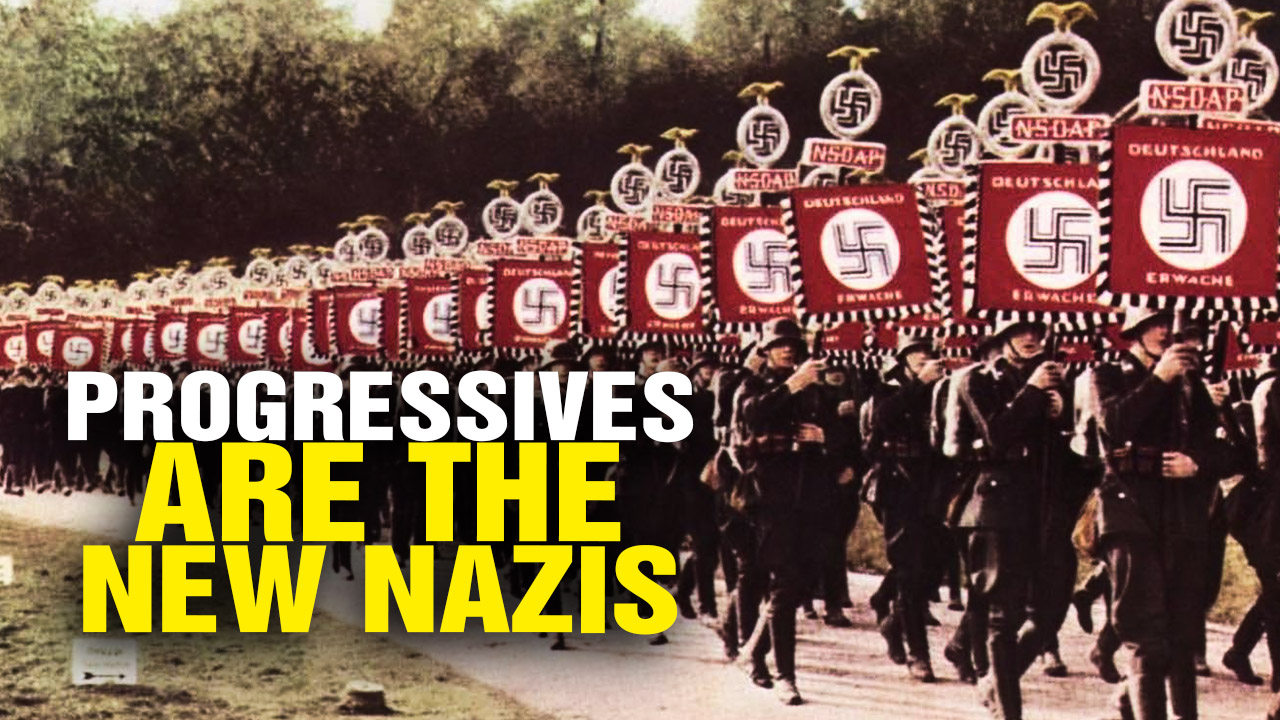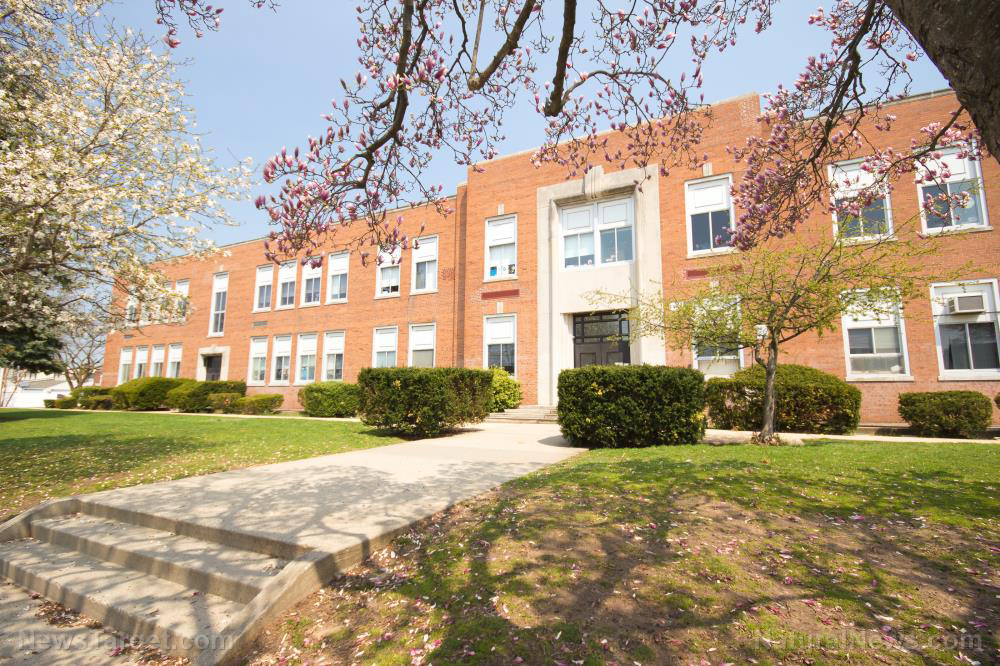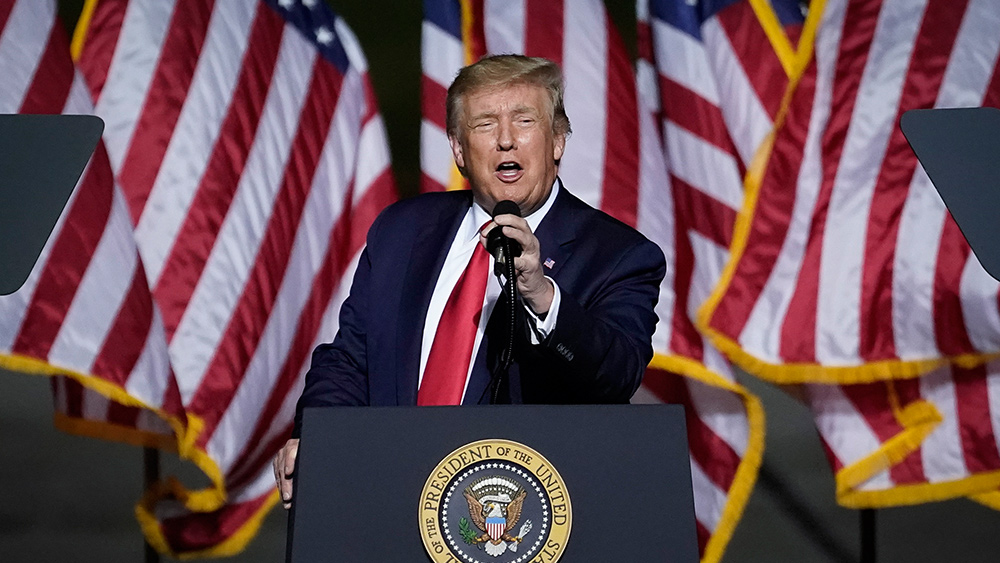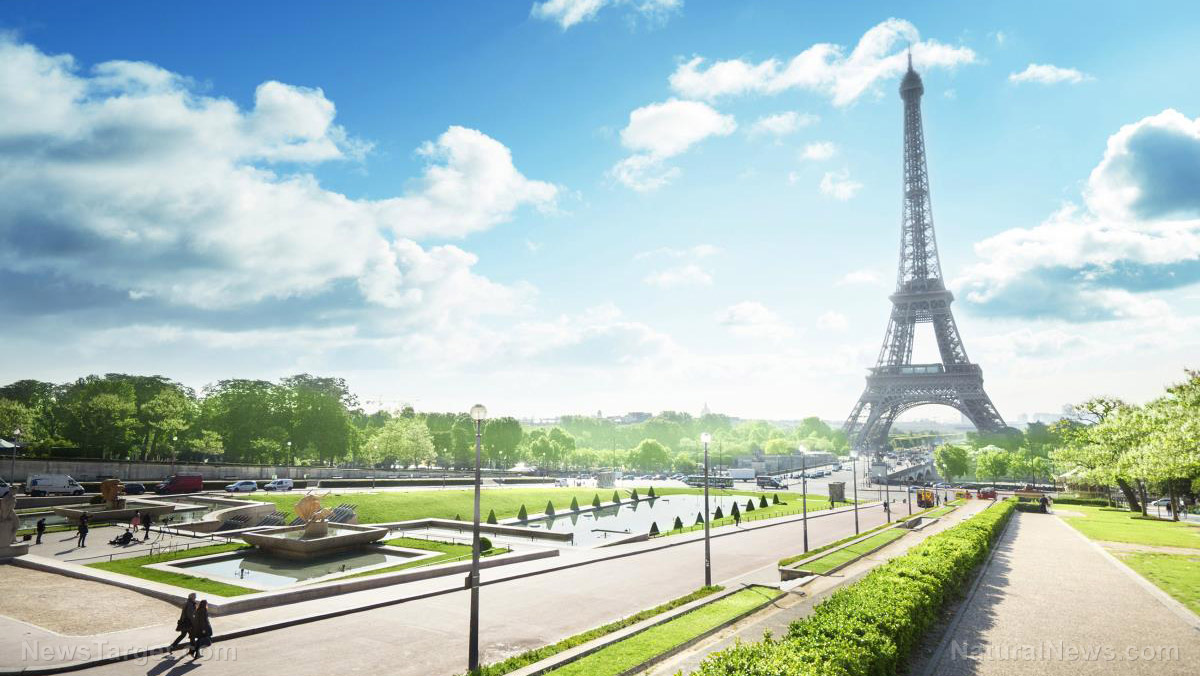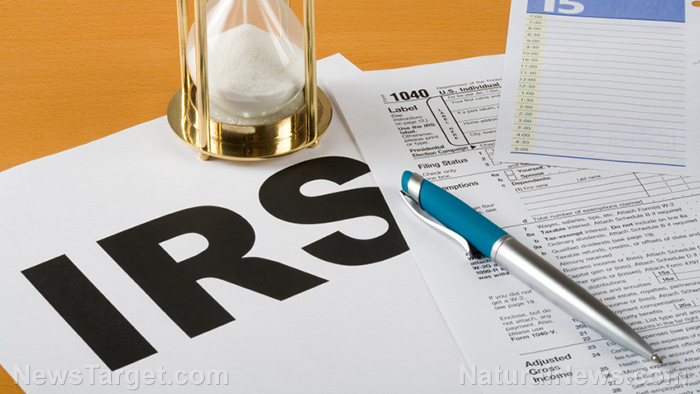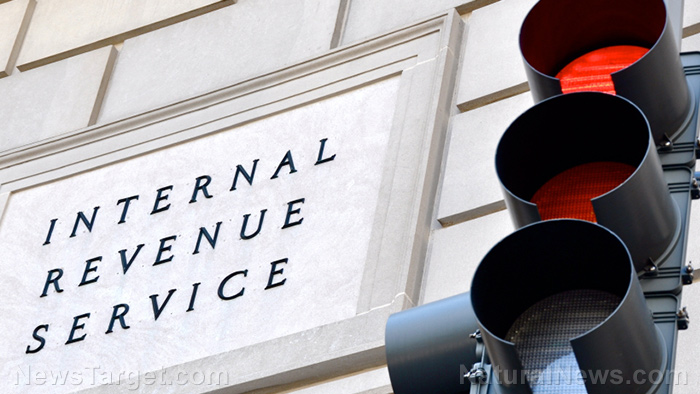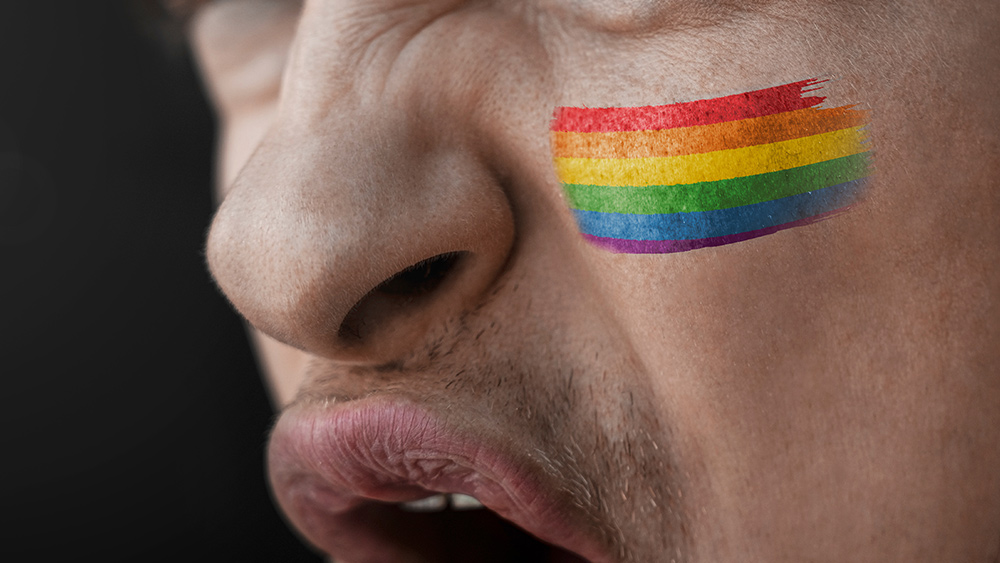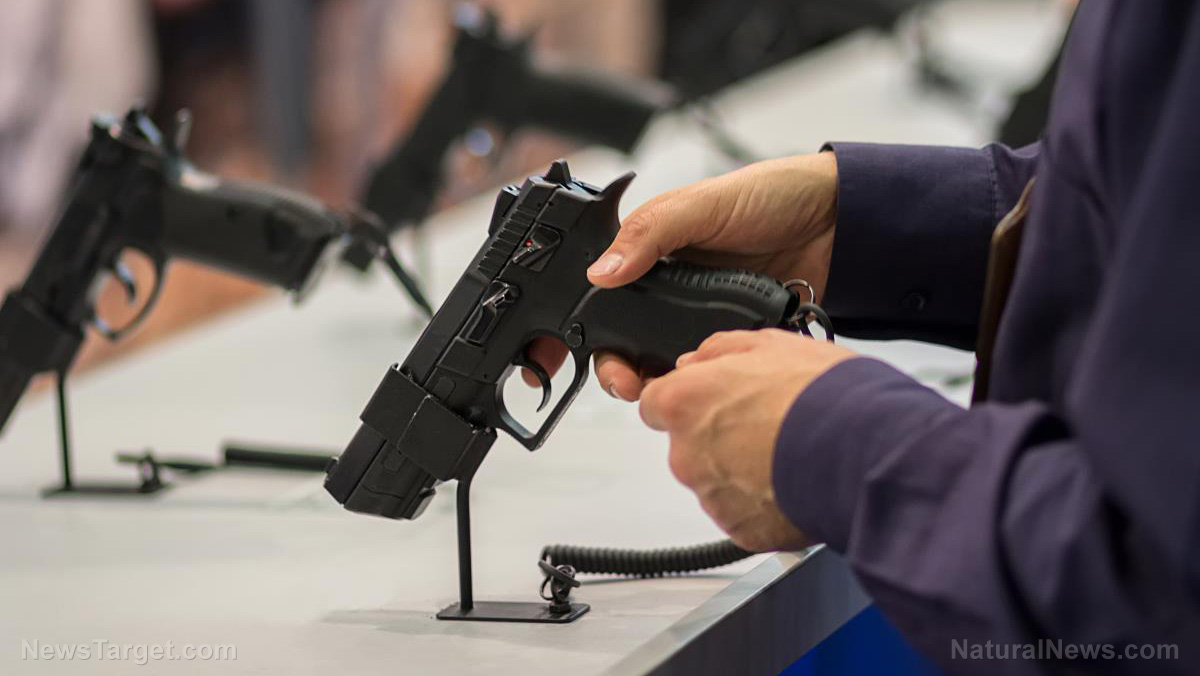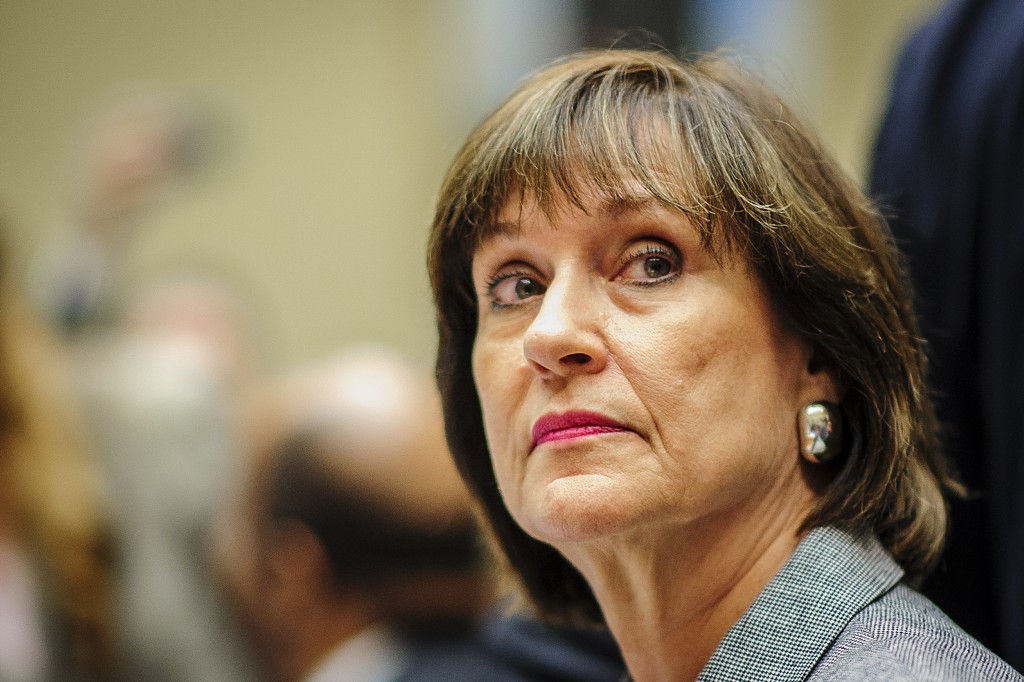Supreme Court blocks Gov. Cuomo’s church attendance caps in NY
12/05/2020 / By Cassie B.
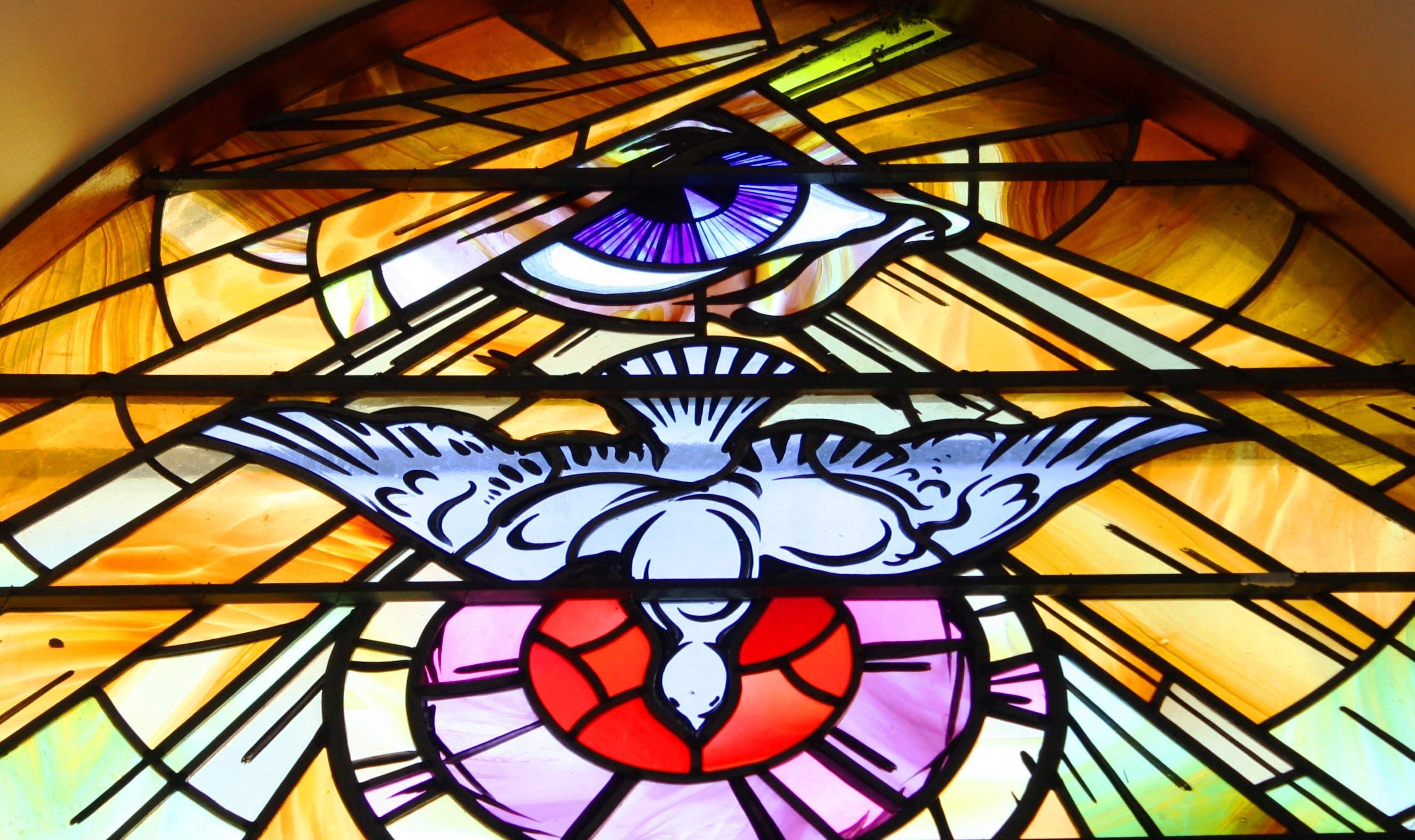
The Supreme Court has blocked New York Governor Andrew Cuomo from enforcing the strict attendance limits he placed on places of worship in areas that have been designated as coronavirus hotspots.
The 5-4 unsigned opinion in the case of the Roman Catholic Diocese of Brooklyn v Cuomo also applies to another case, Agudath Israel of America v Cuomo.
The restrictions imposed by the governor had led to angry protests in several Orthodox Jewish neighborhoods. The executive order, which was handed down on October 6, restricted attendance at religious services in areas that were classified as red or orange zones on account of a high volume of COVID-19 cases. In the red zones, no more than 10 people were allowed to attend services, while attendance was capped at 25 people at houses of worship in the orange zones. Meanwhile, secular businesses in the zones, such as retail stores, were not subject to attendance caps.
On November 12, both the Roman Catholic Diocese of Brooklyn and Agudath Israel of America requested temporary injunctions from the court against Governor Cuomo’s executive order, which they said singled out their religions for “blame and retribution” for the rising coronavirus cases.
The ruling marks a dramatic departure from the Supreme Court’s recent hands-off rulings that gave states greater control over limiting constitutional rights in the fight against COVID-19.
The majority ruling says that Governor Cuomo is “enjoined from enforcing Executive Order 202.68’s 10- and 25-person occupancy limits.”
Religious services are too risky, but shopping is perfectly fine
The Supreme Court felt that the restrictions imposed on churches and synagogues were “very severe.” They said that the caps were a violation of the Free Exercise Clause of the First Amendment because they treated houses of worship in a harsher manner than comparable secular facilities as so-called essential businesses were exempt in every zone, such as shelters, factories, retail shopping outlets and airplane travel, despite these activities generally involving big crowds of people in confined spaces.
Justice Neil Gorsuch wrote in a concurring opinion: “It is time — past time — to make plain that, while the pandemic poses many grave challenges, there is no world in which the Constitution tolerates color-coded executive edicts that reopen liquor stores and bike shops but shutter churches, synagogues, and mosques.”
He pointed out the double standard in Cuomo’s stance, saying that “at least according to Governor Cuomo, it may be unsafe to go to church, but it is always fine to pick up another bottle of wine, shop for a new bike, or spend the afternoon exploring your distal points and meridians.”
Not surprisingly, Cuomo accused the court of partisanship and suggested that the ruling was the result of the influence of the three conservative justices nominated by President Trump. Earlier this year, before Justice Amy Coney Barrett replaced the late Justice Ruth Bader Ginsburg, Chief Justice John Roberts cast a critical fifth vote to uphold similar orders from governors in the states of Nevada and California. This time around, however, Justice Roberts was in the minority. The other justices joining Gorusch and Barrett in the majority in this case were Brett Kavanaugh, Clarence Thomas and Samuel Alito.
Several religious leaders applauded the court’s decision, which came down late Wednesday night right before Thanksgiving, and President Trump also tweeted his support. It is hoped that this decision will serve as a warning to other governors who want to try to take away Americans’ protected freedoms in the name of public health.
Sources for this article include:
Submit a correction >>
Tagged Under:
Andrew Cuomo, Constitution, covid-19, First Amendment, freedom, freedom of religion, health freedom, Liberty, lockdowns, outbreak, pandemic, Tyranny, unalienable rights
This article may contain statements that reflect the opinion of the author
RECENT NEWS & ARTICLES
COPYRIGHT © 2017 PENSIONS NEWS

